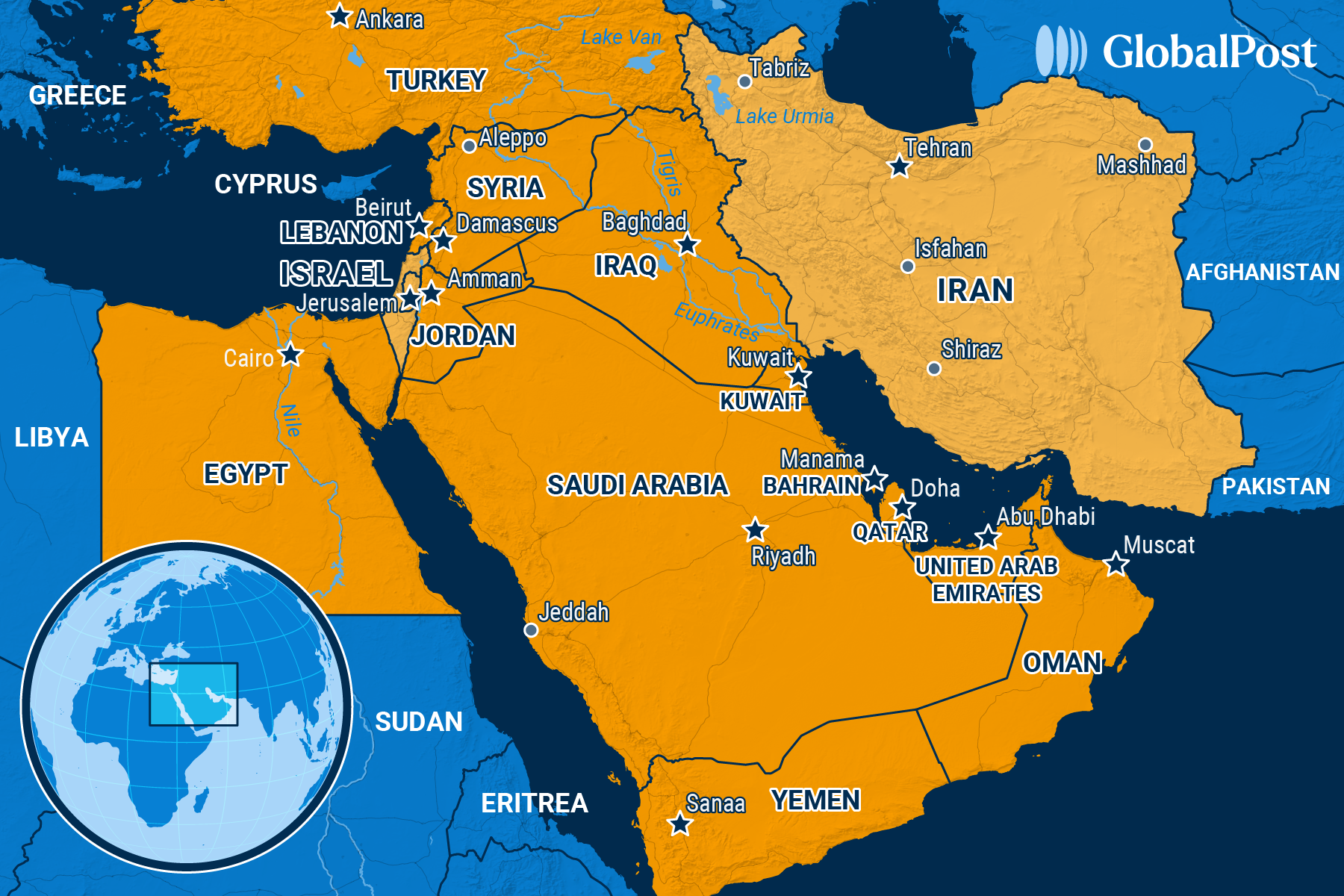Playing With Fire: Arab States Want Stability, But Get War

After the United States joined the Israel-Iran conflict and struck three Iranian nuclear sites last month, Arab governments became caught in a bind: While none of them want to see a nuclear-armed Iran, and many are staunch allies of the US who depend on its funding and military, they feared getting caught in the middle of what they thought might become a widening war.
So they were quick to condemn the strikes.
“The actions taken by the United States threaten to expand the scope of the conflict and constitute a serious violation of international law,” said Oman’s Foreign Ministry, which had been brokering negotiations between Iran and the US.
Saudi Arabia, the United Arab Emirates, Bahrain, and others, none of which have much regard for Iran, criticized the US strikes. They called for new negotiations with the theocracy.
The reaction, while reflecting the realities on the ground, also underscores a shift in the region over the past five years brought on by the rapprochement of most Gulf states with Iran and the belief by many Arab governments that Israel is more of a threat to Middle East stability now, and that the US won’t stop or restrain it, even when asked.
“The overwhelming feeling is one of, there’s a pyromaniac in the room, and we want the firemen to come and put out the fire,” H.A. Hellyer of the Royal United Services Institute for Defense and Security Studies in London told the Washington Post, referring to Israel. “Instead, they’re just adding more fire.”
Arab states want stability, analysts say, but they get war after war. The 21-month war in Gaza has already undermined peace in the region because it inspires fury on the streets of Egypt, Jordan, and other Arab states, wrote World Politics Review.
Now, countries in the region fear Iranian retaliatory attacks on their soil. Iran hit an airbase in Qatar on June 23, just one of numerous US bases in countries such as Saudi Arabia, the UAE, Iran, Jordan, Oman, and Bahrain.
The Gulf states, in particular, worry that the instability caused by the Iran-Israel conflict could impact business and economic growth, especially blocking shipments of oil through the Strait of Hormuz, which Iran had threatened to close.
That’s because the Gulf states have a business-first mentality, analysts say.
Another reason that Arab countries are less worried about Iran is that the terror groups it sponsored and which sowed instability in the region are weaker now. For example, after the war in Gaza began in late 2023, Israel killed much of the leadership of Hamas in Gaza, weakened Hezbollah in Lebanon, and is currently fighting the Houthis in Yemen, who have created havoc for shipping on the Red Sea.
Iran, in spite of détente with Arab states, is deeply unpopular in the region. Even so, while the Arab states would welcome regime change in Iran, they worry that a destabilized Iran could threaten the entire region. Worse, they fear that Iran won’t agree to negotiations again for a nuclear deal, talks they believe Israel deliberately interrupted along with developing Iranian ties with the Gulf states, analysts say. As a result, they worry Iran may now accelerate its nuclear program and build a bomb, as it has threatened to.
Still, some analysts believe the ties that link Israel to the Arab states, either with direct diplomatic relations, or quiet back-channel communications held throughout the conflict. After all, Jordan shot down Iranian missiles targeting Israel and the Saudis allowed the country to use its airspace in June, all while condemning the attacks on Iran.
Meanwhile, US President Donald Trump is trying to expand the Abraham Accords, which saw Bahrain, the UAE, Morocco, and Sudan establish diplomatic relations with Israel. US officials believe there will be a peace dividend from the Iran conflict. Analysts say that’s wishful thinking.
Arab states worry about Israeli aggression and ambition, which is already impacting their economies. A new regional order where Israel behaves with impunity because the West allows it to, while dictating security norms to its neighbors, is not something Arab states want, say analysts.
“Look at what they’re doing today within their direct environment,” Bader Al-Saif of Kuwait University told the Financial Times, referring to Israel’s military action in Lebanon, its taking of Syrian territory, and its increasing aggressiveness in the West Bank. “What if they come out victorious with Iran? They’ll be dictating the show in the region and we can’t accept this.”

Subscribe today and GlobalPost will be in your inbox the next weekday morning
Join us today and pay only $46 for an annual subscription, or less than $4 a month for our unique insights into crucial developments on the world stage. It’s by far the best investment you can make to expand your knowledge of the world.
And you get a free two-week trial with no obligation to continue.
